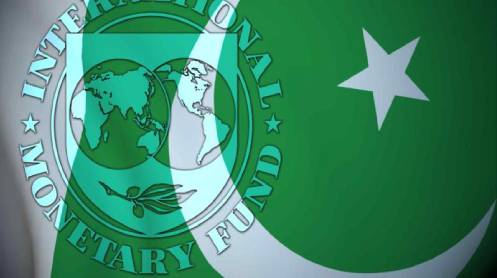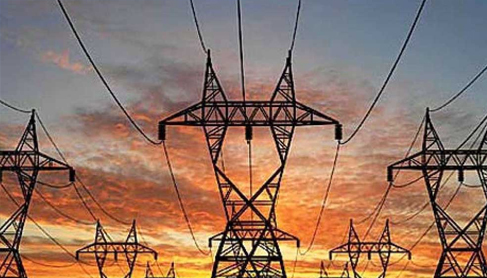ISLAMABAD: The government has assured the International Monetary Fund (IMF) that electricity and gas subsidies will be aligned with the Benazir Income Support Programme (BISP) to ensure that only low-income households benefit from the relief, sources in the Finance Ministry revealed.
The move is part of broader energy sector reforms aimed at reducing inefficient consumption, curbing losses, and supporting Pakistan’s climate mitigation goals. The current subsidy structure—characterized by blanket tariff differentials and cross-subsidies—has led to overconsumption and has often benefited wealthier consumers, undermining the sector’s financial viability.
By January 2027, the government plans to overhaul the electricity subsidy system, replacing it with a simplified tariff and rebate framework delivered through BISP. Key milestones include finalizing consumer eligibility by January 2026, setting up a rebate mechanism with financial institutions by July 2026, and launching a public awareness campaign by June 2025.
A similar approach is under consideration for gas subsidies, with an assessment due by June 2026 to determine feasibility.
Additionally, to boost energy efficiency, Pakistan will enforce Minimum Energy Performance Standards (MEPS) for appliances such as fans, LEDs, refrigerators, ACs, and motors by June 2027. New procurement regulations mandating MEPS compliance at federal and provincial levels will be introduced by December 2025.
The National Energy Efficiency and Conservation Authority (NEECA) will begin quarterly reporting on MEPS adoption starting December 2025.
Story by Mushtaq Ghumman





